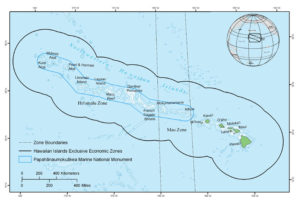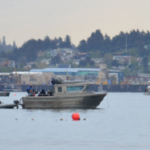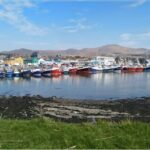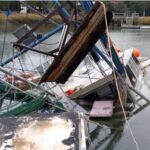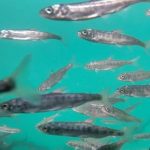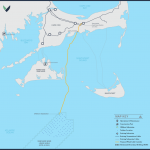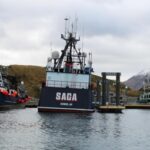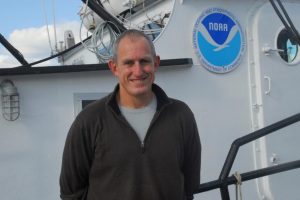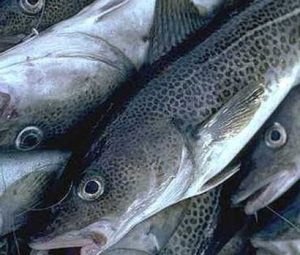Tag Archives: Economic Impact
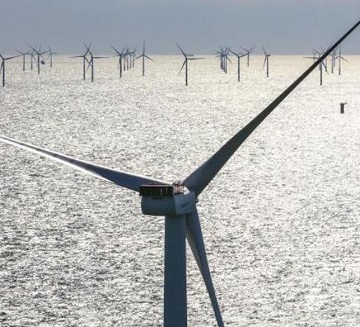
Proposals could increase wind energy costs 27% to 66%, NYSERDA report says
A report by the state agency leading New York’s transition into a carbon-free energy grid says requests by wind farm developers to sharply increase what they can charge for the power could potentially be 27% to 66% higher than originally proposed. Wind farm companies requesting the increases previously filed documents with the state that excluded from public release most of the now-released financial information. “The economic impact is far too great,” Michelle Leo, a member of Protect Our Coast Long Island, an opposition group in Long Beach, said in an email in response to the release. “Off-shore wind is clearly too expensive because of the return to the investors …” Equinor is lying to the ratepayers that have crappy political representation. >>click to read<< 12:59
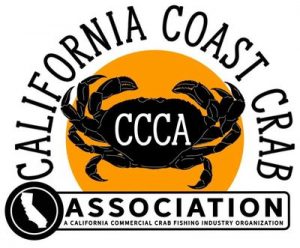
Dungeness Crab Season Closed Early Due to Dubious Whale Crisis, COVID-19 Economic Impact on Coastal Communities Made Worse by Closure
The California Department of Fish and Wildlife (CDFW) today announced that effective May 15, 2020, the commercial Dungeness crab fishing season, which began in December, will be closed due to the perceived risk of commercial crab fishing gear harming migratory whales. Ironically, as a result of ongoing cooperative measures between the California Dungeness crab fishing fleet and CDFW, interactions between Dungeness crab fishing gear and the two subgroups of Humpback whales, or Distinct Population Segments (DPS), which are “endangered” and “threatened” under the Endangered Species Act (ESA) are extremely rare. “The risk of crab fishing gear harming endangered whales is statistically insignificant because of low concentrations of whale, as well as the relatively small amounts of gear being deployed along the Central California coast,” said Ben Platt, president of the California Coast Crab Association (CCCA). >click to read< 12:26
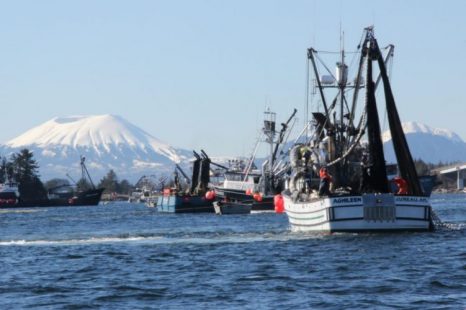
Commercial fleet highlights economic impact of Sitka Sound herring catch
Despite three days of impassioned testimony before the Board of Fisheries in January, not much has changed for the Sitka Sound sac roe herring fishery, which will ramp up in about a month. Local subsistence harvesters won an increase in the size of their exclusive use area, but failed to persuade the board to reduce the commercial catch. Fishermen and processors from Petersburg joined with other commercial interests to remind the board of the economic importance of the annual springtime export. >click to read< 14:53
Opioid Crisis Taking Toll On Maine Lobster Industry
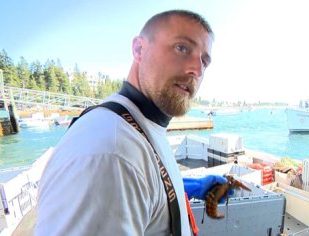 The nation’s opioid crisis has hit hard in Maine, where at least one person died every day last year of drug overdoses. It’s also penetrated the state’s lobster industry. Some fishermen are suffering in silence in a community that rarely asks for help. Josh Kane has spent more than 15 years fishing off the coast of Maine. For 10 of those years, he struggled with an opioid addiction as his fellow lobstermen looked the other way. In Washington County, economic leaders say the impact of the opioid epidemic on the lobster industry could easily affect an entire generation. “If you look around a coastal town, you have a sense of the value of the catch coming in,” Rudelitch said. “That new roof, that investment that should have come from a series of good years, just isn’t.” click here to read the story 15:16
The nation’s opioid crisis has hit hard in Maine, where at least one person died every day last year of drug overdoses. It’s also penetrated the state’s lobster industry. Some fishermen are suffering in silence in a community that rarely asks for help. Josh Kane has spent more than 15 years fishing off the coast of Maine. For 10 of those years, he struggled with an opioid addiction as his fellow lobstermen looked the other way. In Washington County, economic leaders say the impact of the opioid epidemic on the lobster industry could easily affect an entire generation. “If you look around a coastal town, you have a sense of the value of the catch coming in,” Rudelitch said. “That new roof, that investment that should have come from a series of good years, just isn’t.” click here to read the story 15:16
Income bridging desperately needed for harvesters and plant workers without income due to ice
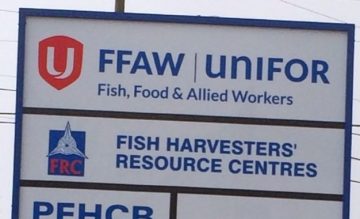 Harvesters and plant workers are struggling to feed their children and pay their bills, with some having been without income for over two months due to severe ice conditions that prevents the fishery from starting in many parts of the province. The situation has gone from bad to dire, and action in the form of income bridging from the federal government is long overdue. Having gone without any income for over two months, many harvesters feel they are left with no other option than to risk their gear and their own personal safety in order to go fishing through pack ice conditions. click here to read the press release 09:10
Harvesters and plant workers are struggling to feed their children and pay their bills, with some having been without income for over two months due to severe ice conditions that prevents the fishery from starting in many parts of the province. The situation has gone from bad to dire, and action in the form of income bridging from the federal government is long overdue. Having gone without any income for over two months, many harvesters feel they are left with no other option than to risk their gear and their own personal safety in order to go fishing through pack ice conditions. click here to read the press release 09:10
What are the clams economic impact on Greenwich?
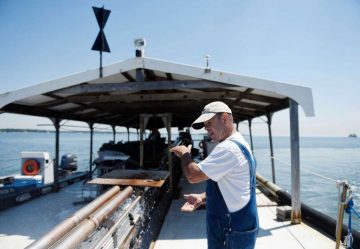 In his denim overalls and Simms fly fishing cap, Ed Stilwagen is where he can be found most days, checking in on his clamming boats and checking out the state of the water in Long Island Sound. “I always say the way to find clams is you go out there and you tell a clam joke. Then you hear ’em laughing, you go in and you get ’em,” Stilwagen said. Stilwagen is like a lot of people in Greenwich. He has two boats, a shiny black Cadillac and a lot of property. His boats, though, are for work and his property is mostly under water. The 4,000 acres he leases stretch about a mile into Long Island Sound. He is the largest clam harvester in Greenwich waters. “Since we been started here (in 2000), I calculate well over 300 million clams we’ve produced,” he said. Stilwagen’s crews are out on his pontoon-like clam boats sometimes seven days a week,,, Video, read the rest here and 31 photo’s. 17:57
In his denim overalls and Simms fly fishing cap, Ed Stilwagen is where he can be found most days, checking in on his clamming boats and checking out the state of the water in Long Island Sound. “I always say the way to find clams is you go out there and you tell a clam joke. Then you hear ’em laughing, you go in and you get ’em,” Stilwagen said. Stilwagen is like a lot of people in Greenwich. He has two boats, a shiny black Cadillac and a lot of property. His boats, though, are for work and his property is mostly under water. The 4,000 acres he leases stretch about a mile into Long Island Sound. He is the largest clam harvester in Greenwich waters. “Since we been started here (in 2000), I calculate well over 300 million clams we’ve produced,” he said. Stilwagen’s crews are out on his pontoon-like clam boats sometimes seven days a week,,, Video, read the rest here and 31 photo’s. 17:57
New England: Fishing regs have widespread impact
 In mid-December, Les Eastman sent out one of his fishing charter party boat full of tourists who were in the region to fish in New Hampshire’s ocean waters.,, For decades, the increasingly restrictive fishing regulations handed down by Washington, D.C. bureaucrats were primarily a burden to small boat commercial fishermen in the inshore fleets found along coastal New Hampshire, Maine, and parts of Massachusetts. Read the rest here 09:53
In mid-December, Les Eastman sent out one of his fishing charter party boat full of tourists who were in the region to fish in New Hampshire’s ocean waters.,, For decades, the increasingly restrictive fishing regulations handed down by Washington, D.C. bureaucrats were primarily a burden to small boat commercial fishermen in the inshore fleets found along coastal New Hampshire, Maine, and parts of Massachusetts. Read the rest here 09:53
Scallops giving New Bedford fishermen a welcome break – Lucrative shellfish lift fishermen — and the port they call home
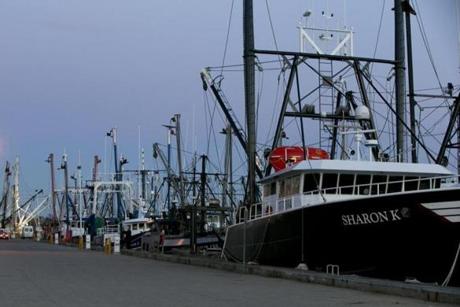 NEW BEDFORD Gail Isaksen remembers when the commercial fishing industry in New Bedford Harbor collapsed in the mid-1980s: Cash-strapped boat owners scrimped on maintenance, borrowed to buy supplies they couldn’t afford, only to see their livelihoods destroyed. “I have a list of guys who still owe me money,” said Isaksen, 68, the owner of Fairhaven Shipyard. “I’m not getting paid. They’re not coming back.” Today, though, Isaksen’s shipyard is busy again with customers who can afford to pay: scallop fishermen. more@bostonglobe 10:21
NEW BEDFORD Gail Isaksen remembers when the commercial fishing industry in New Bedford Harbor collapsed in the mid-1980s: Cash-strapped boat owners scrimped on maintenance, borrowed to buy supplies they couldn’t afford, only to see their livelihoods destroyed. “I have a list of guys who still owe me money,” said Isaksen, 68, the owner of Fairhaven Shipyard. “I’m not getting paid. They’re not coming back.” Today, though, Isaksen’s shipyard is busy again with customers who can afford to pay: scallop fishermen. more@bostonglobe 10:21

































